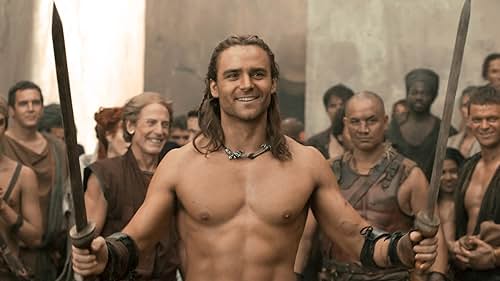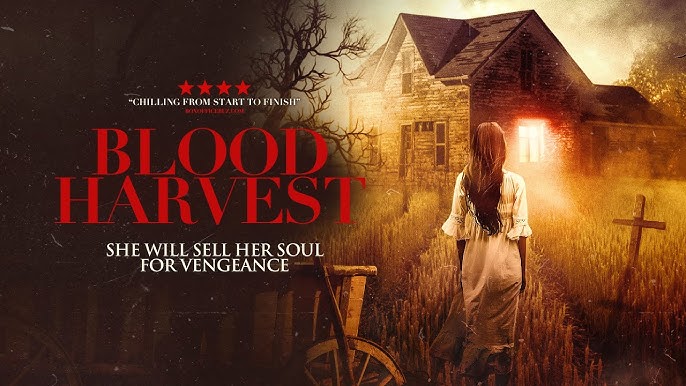Spartacus: Gods of the Arena (2011) – Blood, Power, and Legacy in the Sand
Spartacus: Gods of the Arena (2011) is a compelling and brutal prequel to the hit series Spartacus: Blood and Sand, created by Steven S. DeKnight. In just six episodes, this STARZ miniseries dives deep into the gladiatorial world of ancient Capua before the rise of Spartacus, delivering a tale drenched in ambition, betrayal, and violence. It expands the mythology of the Spartacus universe while focusing on the origins of key characters and the establishment of the House of Batiatus as a dominant gladiator training school.
Set years before Spartacus arrives, the story follows Quintus Lentulus Batiatus (played with captivating intensity by John Hannah), a Roman lanista striving to elevate his family's ludus into one of prestige and political influence. As his aging father Doctore retires, Batiatus takes over operations and schemes his way through the political and blood-soaked world of the arena. Alongside him is his cunning and ambitious wife Lucretia (Lucy Lawless), whose charm and ruthlessness play a central role in the family's rise.

At the heart of the story is Gannicus (Dustin Clare), the ludus’ first champion, a charismatic and wildly skilled gladiator who fights not only for glory but to drown his inner pain in wine, women, and blood. Unlike later gladiators who fight for freedom, Gannicus initially embraces the thrill of battle and the adoration of the crowd. However, his journey becomes far more personal and emotional as betrayal, love, and loyalty challenge his role in the arena and his friendship with fellow warriors.
Gods of the Arena excels in delivering everything fans loved about the original series: intense combat, sharp political intrigue, steamy romance, and stylized violence. Yet, it distinguishes itself with a more focused narrative and deeper character exploration. We learn how figures like Ashur (Nick E. Tarabay), Crixus (Manu Bennett), and Doctore (Peter Mensah) began their respective paths—each shaped by betrayal, pride, and the brutal demands of survival in the gladiatorial world.

The show’s stylized visuals—slow-motion gore, rich color palettes, and dramatic camera angles—are signature elements of the Spartacus franchise. But what makes Gods of the Arena resonate beyond its action is its portrayal of power dynamics, particularly the corruption of ambition and the cost of loyalty. Batiatus and Lucretia are Shakespearean in their manipulation and moral decay, while Gannicus serves as a tragic figure caught between honor and survival.
The performances across the board are exceptional. Dustin Clare brings both swagger and soul to Gannicus, John Hannah embodies the dangerous charm of Batiatus, and Lucy Lawless delivers a masterclass in seductive manipulation as Lucretia. The chemistry between the characters, combined with tight writing and explosive climaxes, make every episode feel significant and emotionally charged.

In conclusion, Spartacus: Gods of the Arena is not just a prequel—it is a powerful, standalone story of ambition, identity, and legacy. With unforgettable characters, gripping drama, and the raw intensity that defines the franchise, it lays the groundwork for the rebellion to come while standing tall as a blood-soaked epic in its own right.
